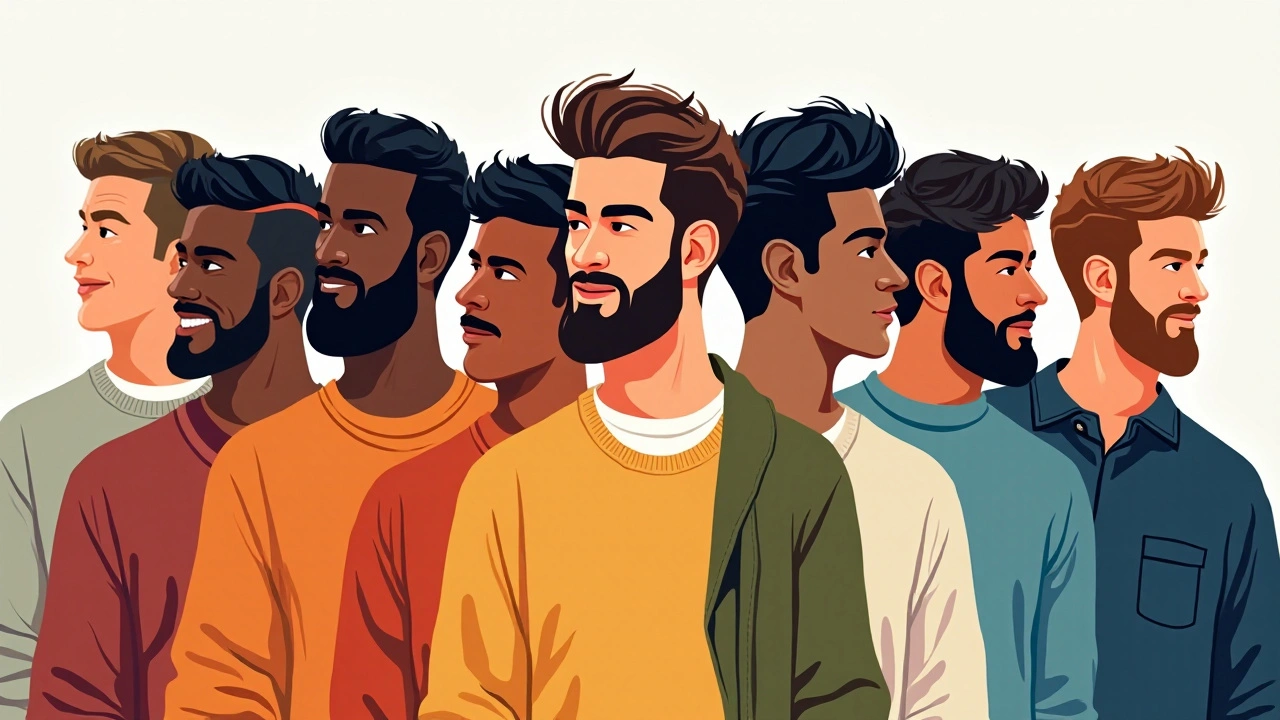Mental Health Support: Where to Find Help in Africa
Mental health struggles are common, but getting help can be confusing. Services vary from city to city and stigma still stops many people from asking for support. This page gives clear, practical steps you can use right now — whether you live in a big town or a rural area.
Recognize when to seek help
Not every low mood needs a doctor, but some signs mean you should reach out: trouble sleeping for weeks, losing interest in work or family, feeling hopeless, having thoughts of harming yourself, or sudden changes in behaviour or eating. If these last more than two weeks or they stop you from doing daily tasks, get support.
If someone talks about suicide, acts dangerously, or can’t feed or care for themselves, take immediate action. Stay with them if you can, remove anything dangerous, and call emergency services or a crisis line. If you don’t know a number, search online for "crisis line" plus your country or contact local clinics and police for urgent help.
Where to get support now
Start with what’s closest. Community health clinics and primary care doctors often handle basic mental health care. They can offer medication, counselling referrals, or link you to community programmes. Many countries train community health workers to support common issues like depression and anxiety — ask your local clinic about these services.
NGOs and charities often run free or low-cost counselling and support groups in towns and cities. Faith groups and community centres can also be helpful places to find peer support and trusted people to talk to. If privacy is a worry, seek out confidential services or ask for a private appointment.
Telehealth is growing fast. Online counselling, mental health apps, and phone-based therapy can connect you to trained counsellors even if you live far from a city. Look for services that list qualifications and client reviews. Free text-based services often exist for crisis support — search for national helplines or organisations like WHO for local links.
Family and friends matter. Tell one trusted person what you’re going through and ask for specific help, like going with you to an appointment or checking in daily. Peer support groups — online or in person — let you meet people with similar experiences and practical tips.
What to expect when you reach out: a short assessment, questions about sleep, mood, and daily life, and a plan. That plan might include counselling, medication, lifestyle steps, or referral to specialists. If the first service doesn’t fit, try another — you have the right to a provider who understands and respects you.
Need a quick checklist? 1) If it’s life-threatening, call emergency services. 2) Find local clinics or NGOs. 3) Ask about community health workers and support groups. 4) Try teletherapy if travel is hard. 5) Tell one trusted person and ask for practical help.
Getting help takes courage. Small steps — a phone call, a clinic visit, or joining a support group — can change things fast. If you want, search this site for local news and resources or look up "mental health support" plus your country to find specific hotlines and organisations near you.
Celebrating International Men's Day 2024: Embracing Positive Masculinity and Male Wellbeing
International Men's Day on November 19th, 2024, celebrates the positive impact men have on society, emphasizing the importance of male role models and wellbeing. The day's objectives focus on promoting positive expressions of masculinity and improving gender relations. It also highlights support services for men struggling with mental health, such as Andy's Man Club and initiatives like Ascot Shed to combat isolation.
